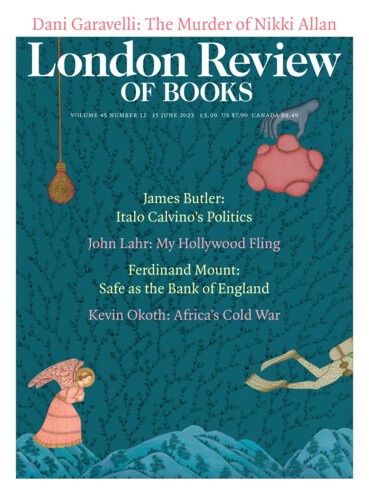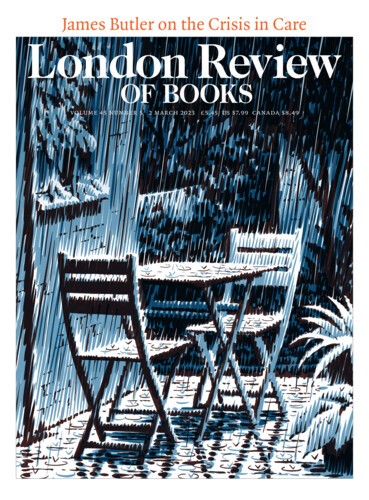Translating ethical urgency into a politics of care would not lack for pathologies: it would be potentially suffocating, conformist, a licence for moral scolds wielding duty as a cudgel and inclined to conceal abuse. But the urgency remains. All of us depend, in early age and often at the end of life, on the care of others. We are shaped by individual, consequential but highly contingent acts of care, or their absence. To think about care is to shuttle back and forth between social totality and the irreducible complexity of individual needs, from feeding or washing to dignity or meaningful attention. Because it concerns the state, care must be thought of in the aggregate – unit costs, labour time, population trends – but many carers worry that such categories miss everything significant about their work. It doesn’t help that so many definitions of care are vague or tautologous, constituting the entire range of social activities that allow human beings to exist in the world.
Labours of Love: The Crisis of Care by Madeleine Bunting. The Care Crisis: What Caused It and How Can We End It? by Emma Dowling. Cannibal Capitalism: How our System is Devouring Democracy, Care and the Planet by Nancy Fraser. All of us depend, in early age and often at the end of life, on the care of others. To think about care is to shuttle back and forth between social totality and the irreducible complexity of individual needs, from feeding or washing to dignity or meaningful attention. Because it concerns the state, care must be thought of in the aggregate – unit costs, labour time, population trends – but many carers worry that such categories miss everything significant about their work.




